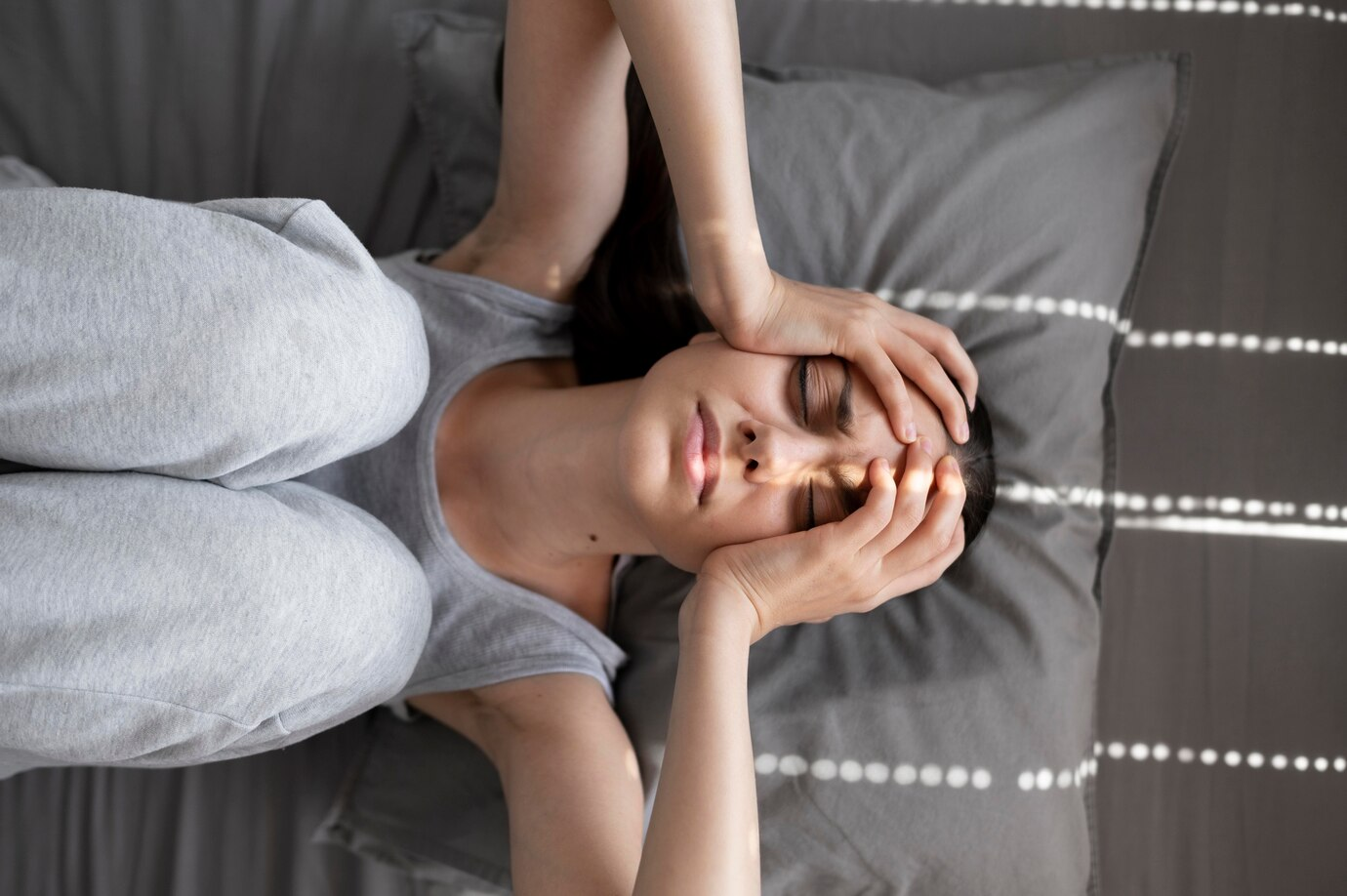Anxiety is one of the most common mental health challenges, affecting millions of people worldwide. While it’s normal to feel anxious occasionally, chronic anxiety can interfere with daily life and well-being. In this article, we’ll explore understanding anxiety, including its causes and symptoms, and provide effective coping strategies to help you manage it and regain control.
What is Anxiety?
Anxiety is a natural response to stress or perceived threats, often referred to as the “fight or flight” response. However, when anxiety becomes excessive or persistent, it can develop into an anxiety disorder. Understanding anxiety is the first step toward managing it effectively.
See also: 5 Easy Ways to Incorporate Mindfulness into Your Daily Life
Common Causes of Anxiety
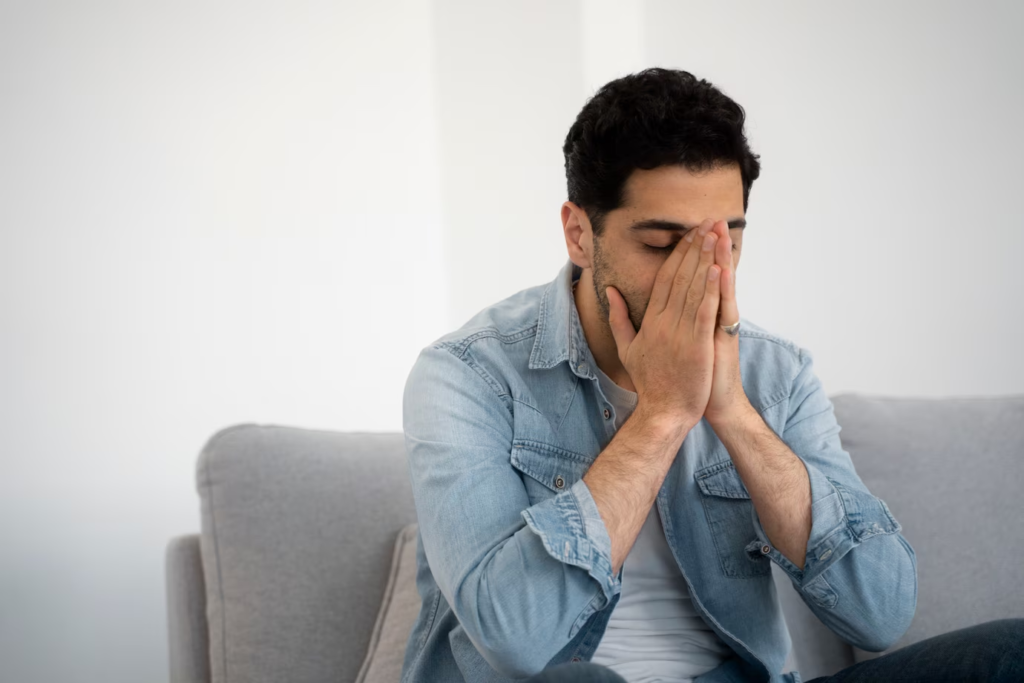
Anxiety can stem from a variety of factors, including biological, environmental, and psychological influences. Here are some common causes:
1. Genetics
A family history of anxiety or other mental health disorders can increase your risk.
2. Brain Chemistry
Imbalances in neurotransmitters like serotonin and dopamine may contribute to anxiety.
3. Stressful Life Events
Trauma, loss, or major life changes (e.g., moving, job loss) can trigger anxiety.
4. Medical Conditions
Chronic illnesses, hormonal imbalances, or medication side effects can cause or worsen anxiety.
5. Substance Use
Caffeine, alcohol, and certain drugs can exacerbate anxiety symptoms.
Symptoms of Anxiety
Anxiety can manifest in both physical and emotional ways. Recognizing the symptoms is key to understanding anxiety and seeking help.
Physical Symptoms:
- Rapid heartbeat
- Sweating or trembling
- Shortness of breath
- Fatigue or insomnia
- Digestive issues
Emotional Symptoms:
- Excessive worry or fear
- Irritability or restlessness
- Difficulty concentrating
- Feelings of dread or panic
- Avoidance of certain situations
Effective Coping Strategies for Anxiety

While anxiety can feel overwhelming, there are many strategies to help you manage it. Here are some effective coping strategies:
1. Practice Mindfulness and Meditation
Mindfulness helps you stay present and reduces overthinking. Try:
- Deep Breathing: Inhale for 4 seconds, hold for 4 seconds, exhale for 6 seconds.
- Guided Meditations: Use apps or online videos to guide your practice.
2. Exercise Regularly
Physical activity releases endorphins, which improve mood and reduce stress.
- Examples: Walking, yoga, swimming, or dancing.
- Tip: Aim for at least 30 minutes of exercise most days.
3. Maintain a Healthy Lifestyle
Your diet and sleep habits play a significant role in managing anxiety.
- Eat Well: Focus on whole foods, lean proteins, and omega-3 fatty acids.
- Sleep Better: Stick to a consistent sleep schedule and create a calming bedtime routine.
4. Challenge Negative Thoughts
Anxiety often stems from irrational or exaggerated thoughts. Try:
- Cognitive Behavioral Therapy (CBT): Work with a therapist to reframe negative thinking patterns.
- Journaling: Write down your thoughts and challenge their validity.
5. Seek Professional Help
If anxiety is interfering with your daily life, don’t hesitate to reach out to a mental health professional.
- Therapy: Options like CBT, exposure therapy, or talk therapy can be highly effective.
- Medication: In some cases, medication may be recommended to manage symptoms.
Frequently Asked Questions About Anxiety

1. Is Anxiety Treatable?
Yes! With the right strategies and support, most people can effectively manage their anxiety.
2. Can Anxiety Go Away on Its Own?
Mild anxiety may improve with lifestyle changes, but chronic anxiety often requires professional intervention.
3. What’s the Difference Between Anxiety and an Anxiety Disorder?
Anxiety is a normal emotion, while an anxiety disorder involves excessive, persistent worry that interferes with daily life.
Conclusion: Take Control of Your Anxiety

Understanding anxiety is the first step toward managing it. By recognizing the causes and symptoms and implementing effective coping strategies, you can reduce its impact on your life. Remember, you’re not alone—help is available, and with the right tools, you can regain control and live a fulfilling life.
Anxiety can feel overwhelming, but understanding its causes and learning effective coping strategies can make a huge difference. 🧘♂️💙 Take control of your mental well-being today! Check out these highly-rated Amazon products designed to help you manage anxiety and stress.
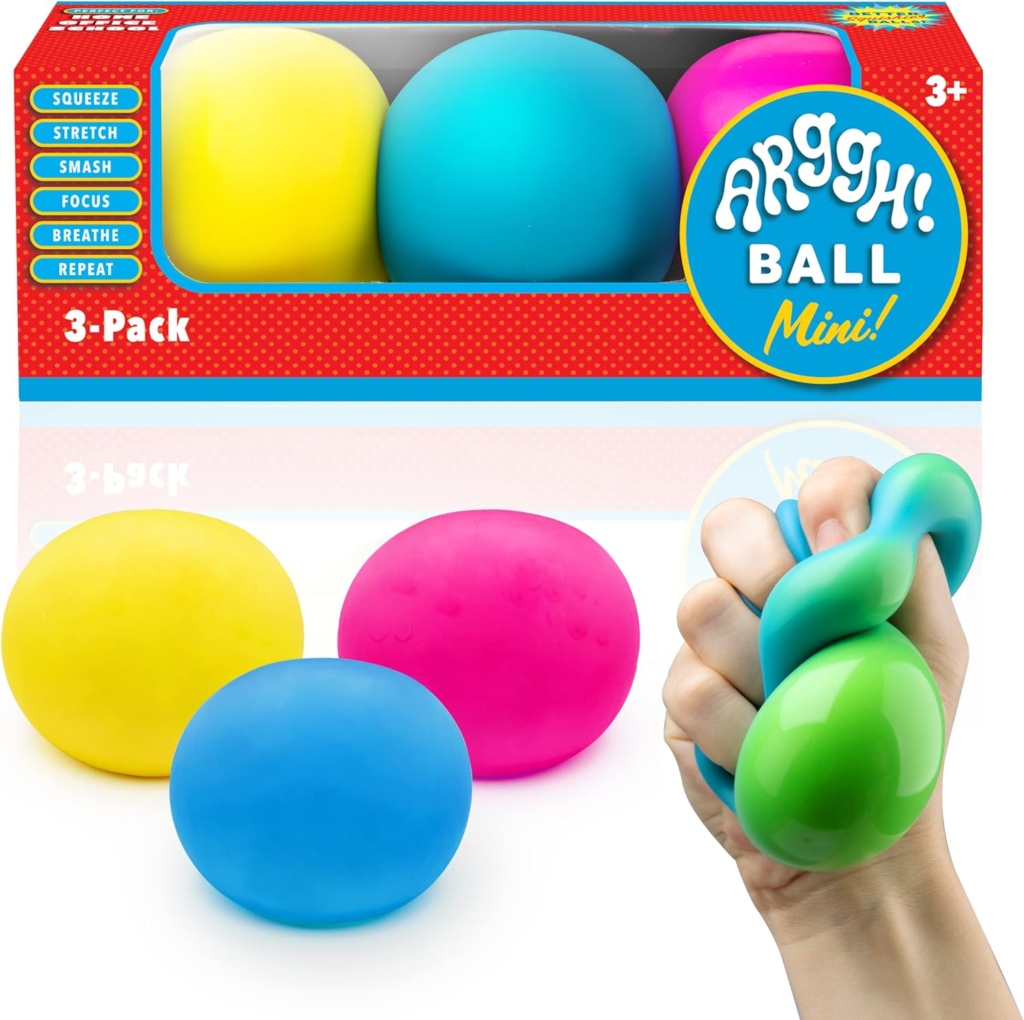
Fidget Rings or Stress Balls
Power Your Fun Arggh Mini Stress Balls for Adults and Kids – 3pk Squishy Stress Balls, Color Changing Resistance Fidget Toys, Sensory Stress Relief Squeeze Toys Squishy Toy (Yellow, Pink, Blue)
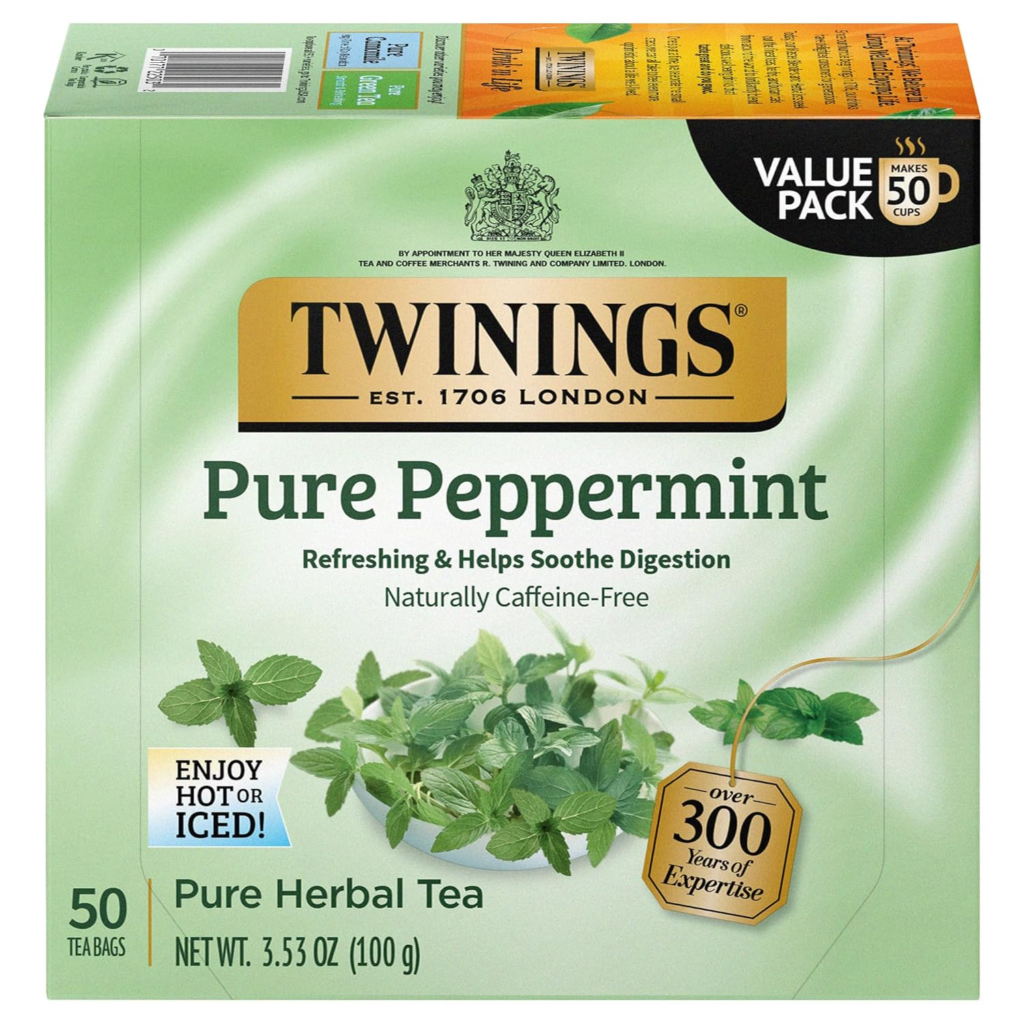
Twinings Pure Peppermint Herbal Tea
Individually Wrapped Bags, 50 Count (Pack of 6), Fresh Minty Flavour, Naturally Caffeine-Free, Enjoy Hot or Iced | Packaging May Vary
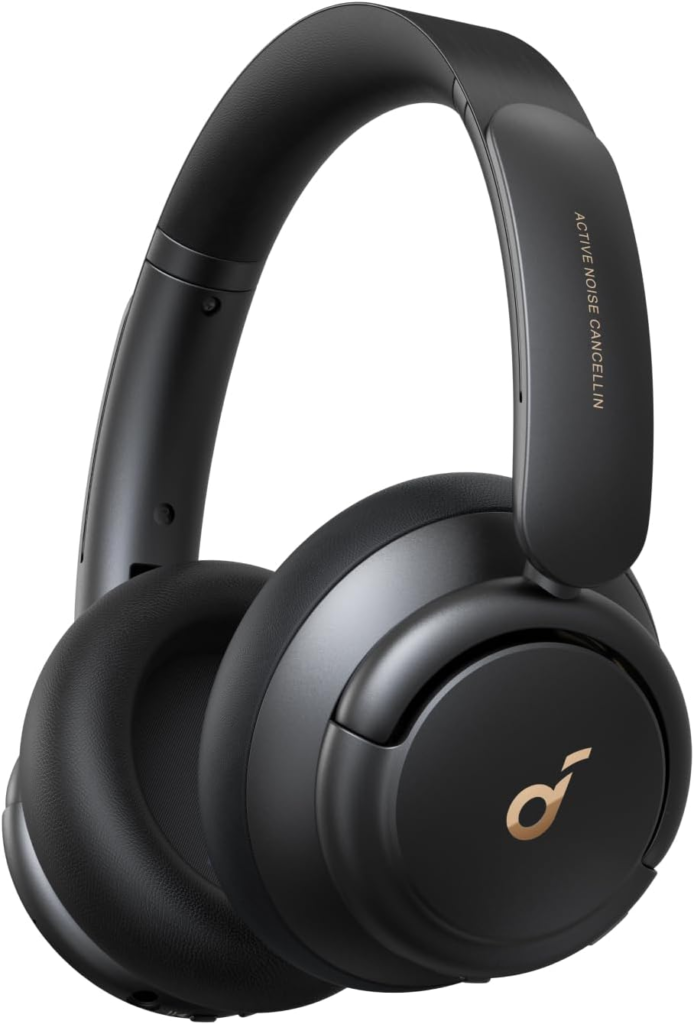
Noise-Canceling Headphones
soundcore Life Q30 by Anker, Hybrid Active Noise Cancelling Headphones with Multiple Modes, Hi-Res Sound, Custom EQ via App, 50H Playtime, Comfortable Fit, Bluetooth, Multipoint Connection

